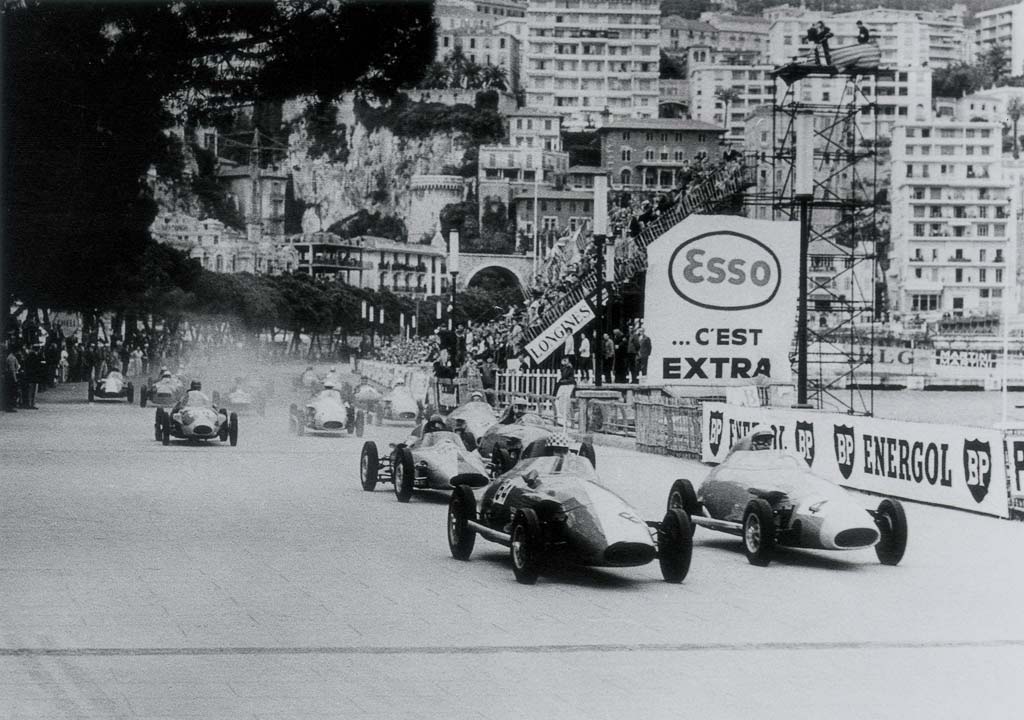Forgotten Legends
The Stanguellini meteor
Photo credit: Stanguellini.it
There is a passion for cars and racing in the DNA of the Emilians: alongside Enzo Ferrari, the Maserati brothers and Ferruccio Lamborghini, there are many other names, arguably less famous but from the same roots, nonetheless. Among these, a prime example is unquestionably Stanguellini.
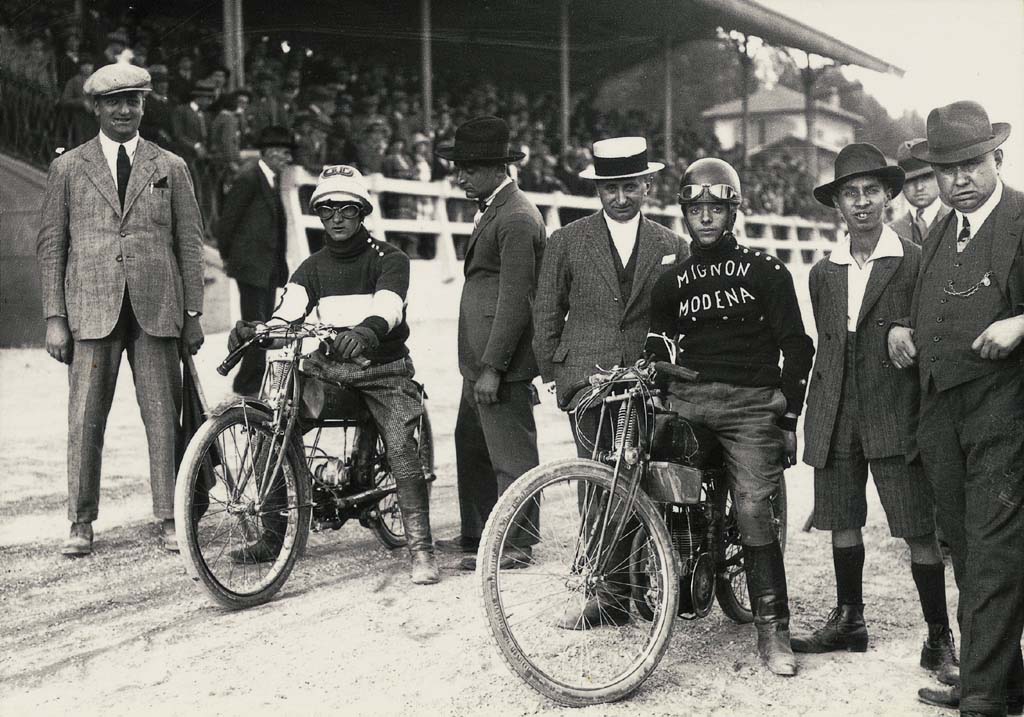
Already in the 1930s Vittorio Stanguellini, a Fiat dealer from Modena, had built interesting and successful racing cars. He was not yet a true manufacturer as he made one-offs, but he possessed a burning desire to become one by treasuring the specialist knowledge of FIAT mechanics, particularly as he was a dealer of this brand.
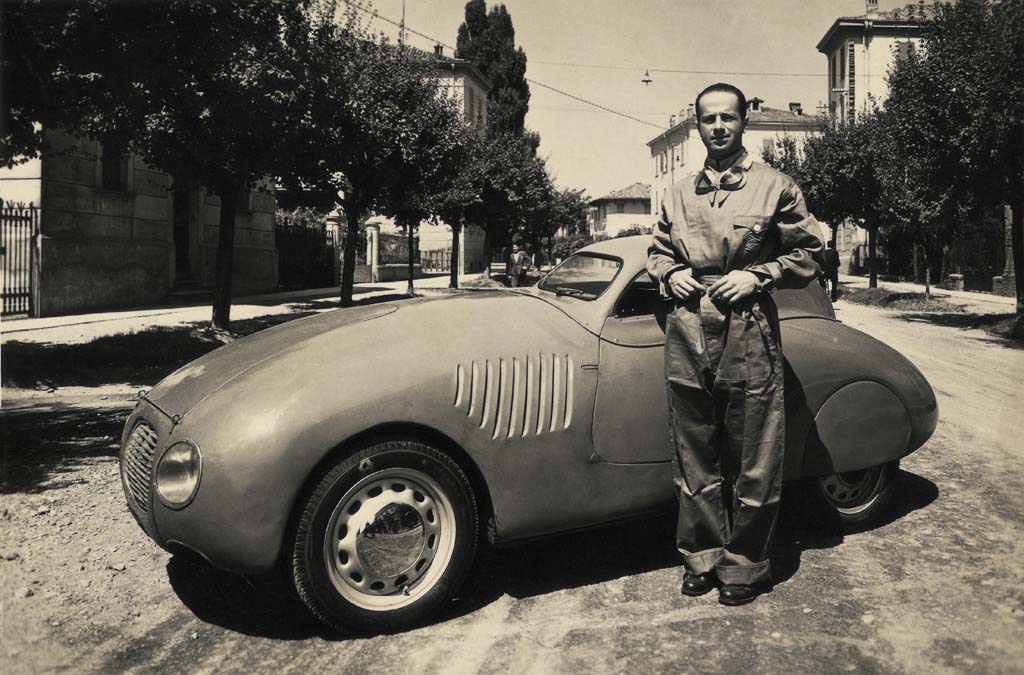
The engines of the great Italian manufacturer that he worked on were small four-cylinder units. Suitably elaborated and enhanced, they still needed an efficient chassis coupled with all-new bodywork. Red, of course.
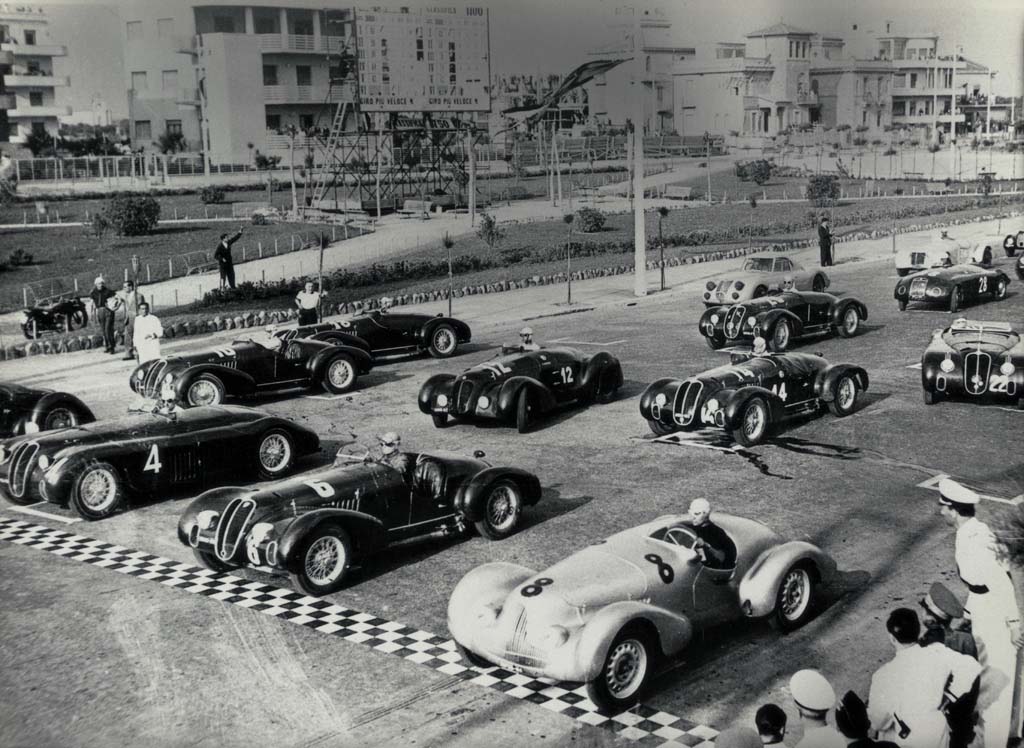
The 750 Stanguellini built in 1938 had already demonstrated its many qualities. But it was in the post-war period that Stanguellini reached the dimensions of a small sports car manufacturer – perfect for the Mille Miglia and uphill races – with 750cc and 1,100 cc variants.
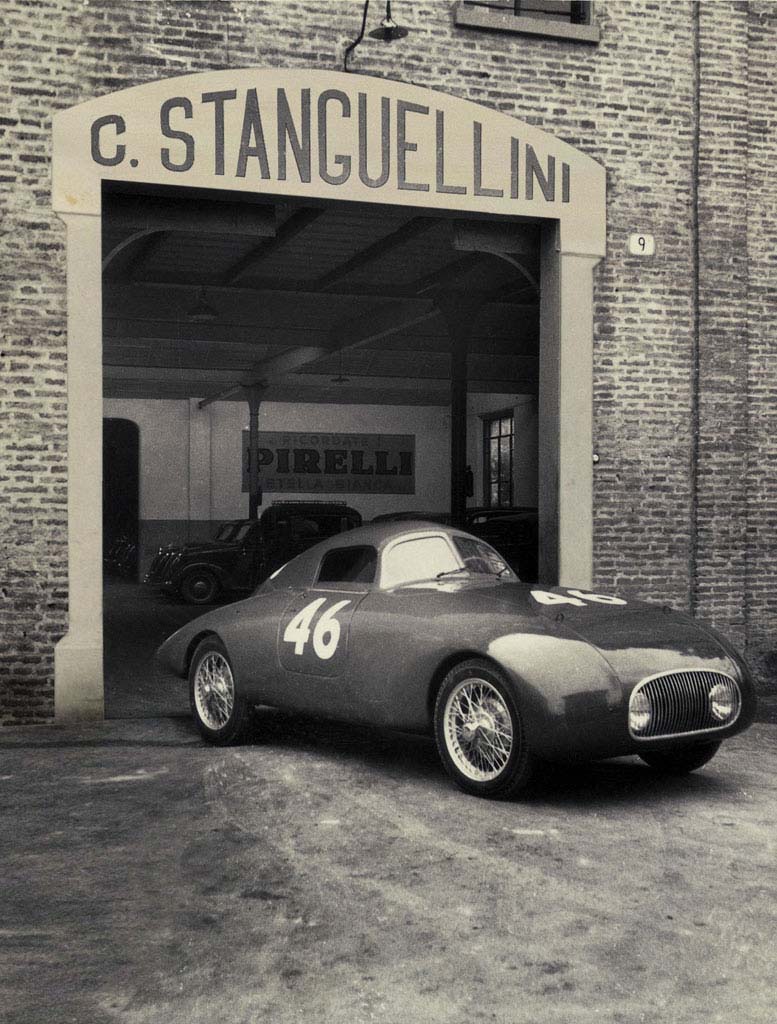
Stanguellini’s peak was still to come, however. In 1958, when Count Lurani, a former driver and an authority on international motoring, proposed the creation of a training formula for young drivers destined to become champions. It was named “Formula Junior”. Stanguellini, in a surprisingly short time, proposed his single-seater car that soon dominated these hard-fought races.
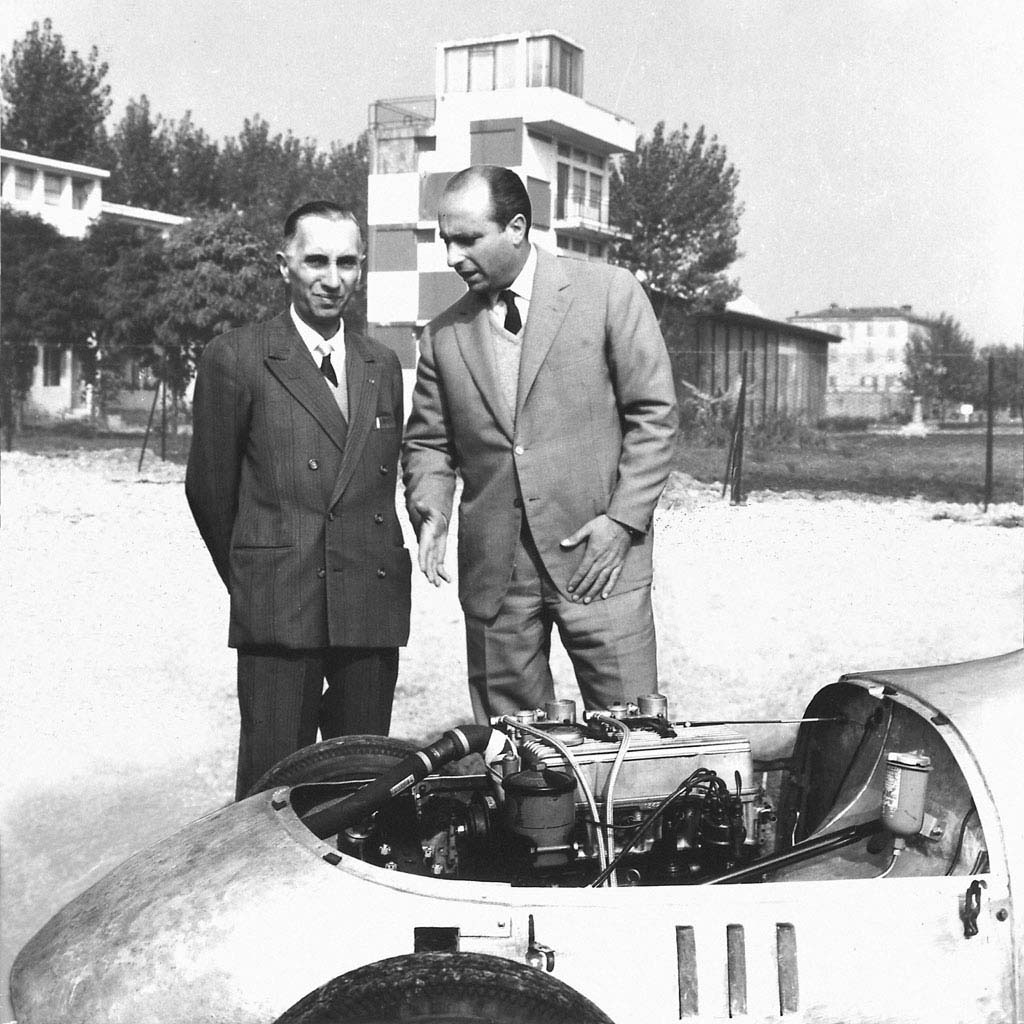
The engine was the one already in use, the four-cylinder 1,100cc unit producing 78hp. The very tapered car, similar in style to the British Vanwall and the Maserati 250F, had a front engine – back then this seemed mandatory – and weighed just 400 kilos.
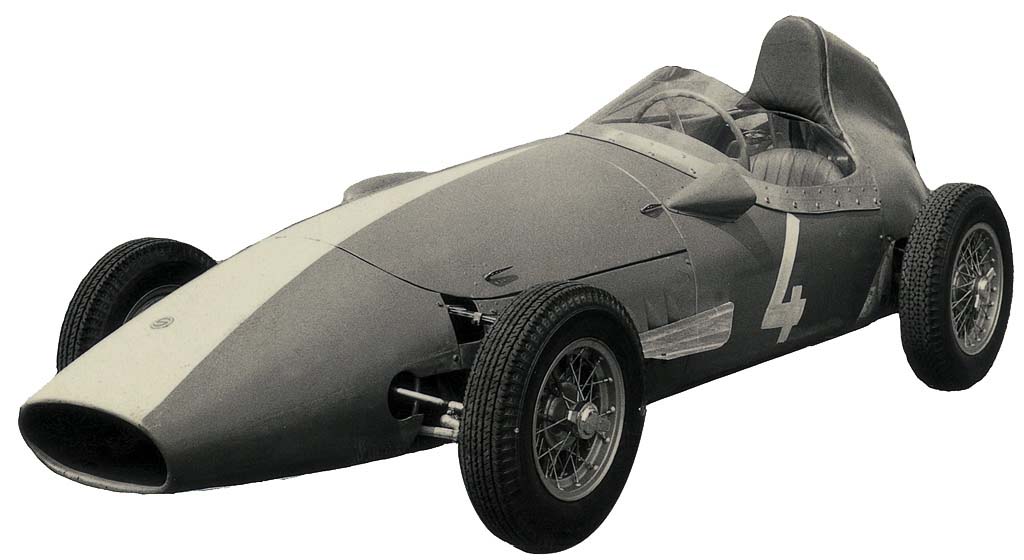
For four years it dominated the tracks and helped more than one talent emerge. Then, and this is why we’re telling the story that marked its disappearance, a cold British shower: when the new training formula became international, Cooper, Lotus and Lola, gave it an “English” interpretation, that is, with rear engines and semi-recumbent drivers to reduce the front section.
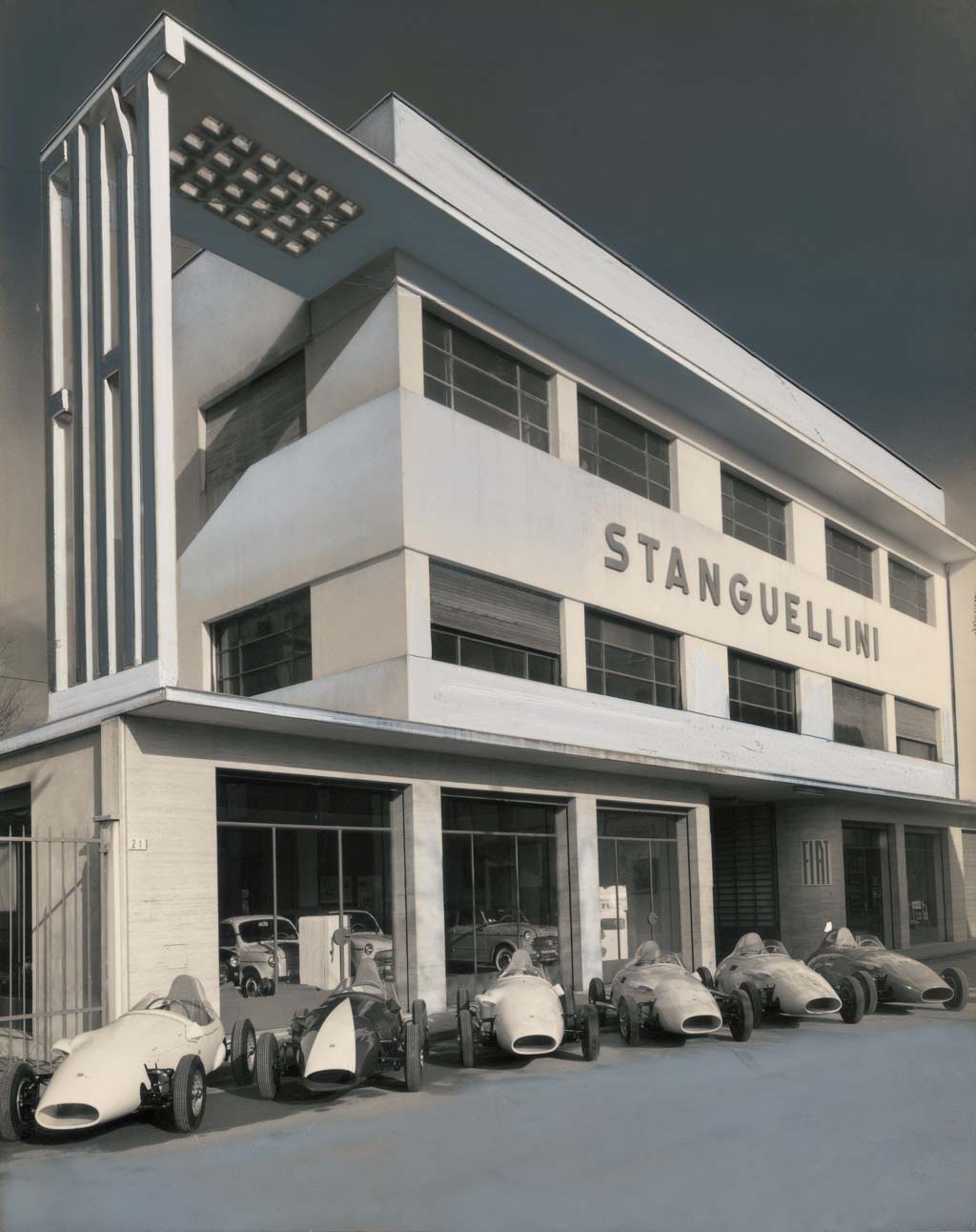
The difference in performance compared to the “Made in Modena” single seater was so great it ended up becoming a funny anecdote: on the very first practice day of the Monaco Grand Prix, where there was also a “Mini GP” for Formula Junior during the World Championship race, the Italian champion Geki Russo, stopped in the pits after a few laps asking why they were running the Juniors together with the Formula 1 cars. The answer was as succinct as it was painful: Geki, the cars overtaking you as if they were Formula 1 are actually the English Juniors! That day marked the end of Stanguellini in the category.
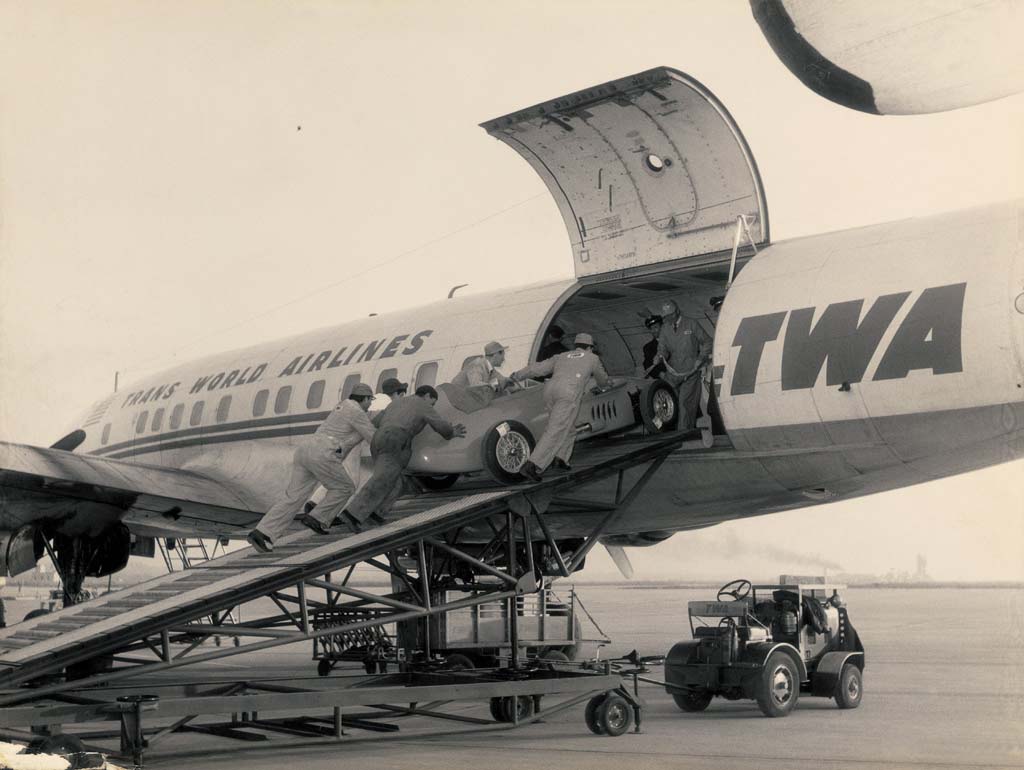
For the company, which had produced a hundred or so cars and had sized itself on an important production run, it was the beginning of an undeserved sunset. Vittorio Stanguellini and his son Francesco had talent and could have made other successful cars but preferred to concentrate on the selling part of the business and gradually abandoned their dream of becoming manufacturers.
